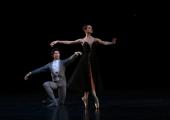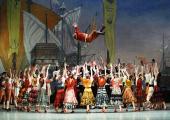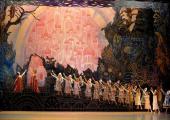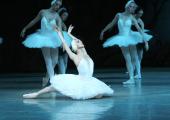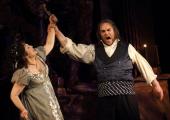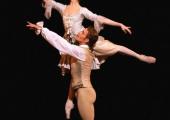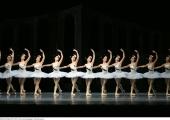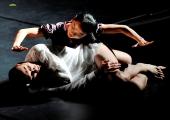Anna Karenina, Mariinsky Ballet, Royal Opera House
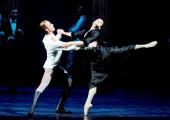
Anna Karenina in 85 minutes: is it the world's fastest ballet?
It is claimed that the philosopher GE Moore had a fantasy. After many years’ work, Tolstoy had finally finished War and Peace. Sonya had copied it out for the umpteenth time. The thing goes off to the printer. Peace reigns. And then, in the middle of the night, Tolstoy leaps out of bed, shrieking, “I forgot to put in a yacht race!”

